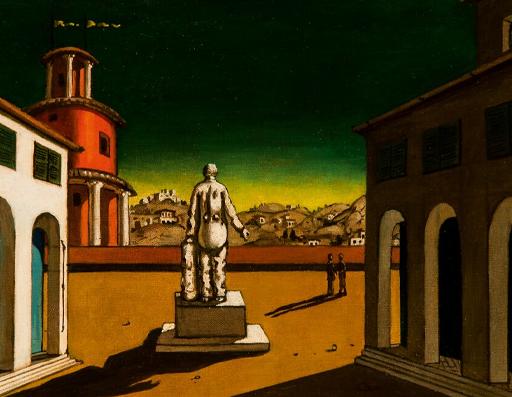A Pakistan general for Trump by Avani Devi

In the labyrinthine corridors of power in Islamabad, a disquieting transformation seems to be underway. Pakistan’s army chief, Field Marshal Asim Munir, appears to be drifting away, not just from his government, but from the very political fabric of the nation he swore to protect. What’s increasingly striking isn’t merely his detachment, but the peculiar ideological affinity he seems to share with the persona and politics of Donald Trump. This is not just an amusing footnote in Pakistan’s complex political saga; it could be a harbinger of something far more consequential, the looming spectre of yet another military coup, Pakistan style.
Pakistan’s civil-military imbalance is hardly news. For decades, the army has been the ultimate arbiter of power, stepping in whenever the messy business of democracy threatens to unsettle its interests. But what makes the current scenario different, and frankly more worrying, is the army chief’s apparent ideological flirtation with Trumpism, that toxic blend of nationalism, populism, and authoritarian nostalgia, peppered with conspiracy theories and disdain for democratic norms.
Field Marshal Munir’s public gestures and cryptic statements suggest an unsettling admiration for Trump’s brand of leadership: combative, unapologetically nationalist, and willing to flout traditional rules to maintain power. Meanwhile, his posture towards Pakistan’s elected government increasingly reads as one of aloofness and latent disdain, as if he sees the politicians not as partners but as obstacles. The sense is growing that Munir no longer sees himself as an apolitical servant of the state but as a kingmaker, or worse, a usurper in waiting.
This is no idle speculation. Pakistan’s history is littered with military takeovers dressed up as guardians of national stability, a pattern repeated again and again whenever the generals perceive civilian governance as weak or corrupt. Today, the political situation in Islamabad is chaotic, marked by economic crisis, rising inflation, and political infighting. Civilian leaders are losing legitimacy, and the army is watching, waiting, perhaps even grooming itself for another intervention.
What makes Munir’s potential coup especially ominous is the ideological tint it carries. Trumpism thrives on the erosion of truth, the demonization of dissent, and the consolidation of power under a strongman. Should Pakistan’s military chief adopt these tactics wholesale, the consequences for a fragile democracy could be devastating. The erosion of judicial independence, crackdown on the press, and the sidelining of political rivals under the guise of national security could soon become normalized; all while being packaged as a ‘restoration’ of order.
Moreover, Pakistan’s delicate geopolitical position complicates matters. An army chief enthralled by Trump’s America-first rhetoric might lean towards more aggressive nationalist policies, potentially destabilizing relations with India, Afghanistan, and even China. The country could find itself spiralling into more conflicts, both domestic and regional, all while its people suffer the fallout.
The key question is: why now? Why would Asim Munir, a man groomed within the traditional military hierarchy, veer so sharply towards a style of leadership that is as alien to Pakistan’s political culture as it is dangerous? The answer may lie in the confluence of internal frustration and external inspiration. Trumpism offers a seductive promise to “fix” broken systems through sheer force of personality, something appealing to any institution weary of political chaos and perceived civilian incompetence.
Yet, Pakistan is no America, and Munir’s flirtation with Trumpism is a perilous path. Pakistan’s democracy, though flawed, is precious and fragile. Another military takeover, especially one infused with such an aggressive, populist ideology, risks plunging the nation into deeper crisis, eroding the very foundations of governance and civil liberties.
The world and Pakistanis themselves must watch closely. The signs are there, subtle but unmistakable that the army chief is not just losing faith in civilian government but may be preparing to replace it altogether, under the guise of a nationalist revival that dangerously echoes the worst excesses of Trumpism.
In Islamabad’s shadowy power play, the question is not if, but when. And when that moment arrives, the cost to Pakistan’s democracy and its people will be immense.
Comments